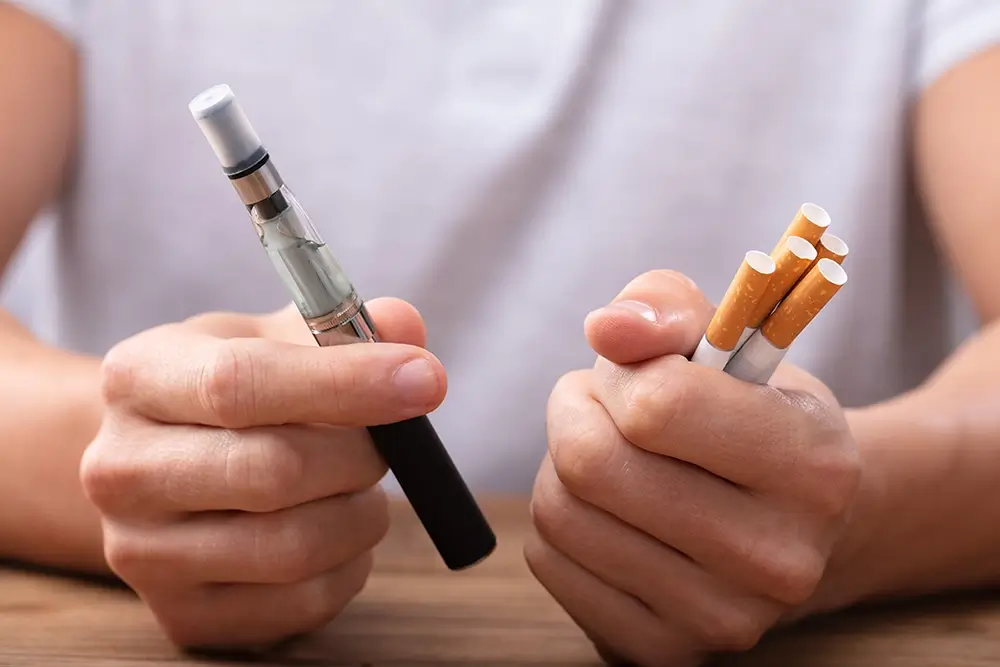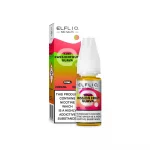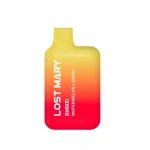Vaping has become one of the most popular forms of smoking cessation. With e-liquid’s heat not burn technology, vaping products such as Lyft nicotine offer a far more satisfying experience than nicotine gum and patches ever could. Part of the reason for this is the likeness it has to using tobacco, the feeling, the sensation and the nicotine hit of vaping offers a far more versatile alternative.
So with the use of vapour instead of smoke, research suggests that vape CBD Vape 4 U and many other e-cigarette retailers sell a far less dangerous alternative. But how does this affect the way that vaping is viewed, and how is it regulated by law? Not everyone is as knowledgeable of e-cigarettes and their benefits as vape companies and users are, and so it’s worth learning the rules to avoid annoying those who might be less understanding of vaping’s benefits. Below are just some of the laws that vapers will have to bear in mind when using their smoking cessation tools in public.
Vaping Manufacturing Restrictions

Most vape products work under manufacturing restrictions that the government set out in 2016. These restrictions are mostly related to tobacco products but have grown to include vape products as well. These laws restrict vape devices to a maximum of 2 ml tanks and also restrict nicotine concentrations to a maximum of 20 mg per 10 ml.
Age Restrictions
Nicotine is addictive, so, unsurprisingly, vaping products have an age restriction. Most websites and retail staff such as those at our vape shop in Golders Green will ask for identification if we think that a customer might be underage.
Restrictions In Public Spaces

There are no set laws on vaping in public spaces. However, it’s advised that you are considerate of other people in crowded areas, and try to vape discreetly. Whilst many people know that passive vaping is near impossible, some may still find the smell and the vapour distracting or distasteful.
Restrictions At Work
Again, there are no set laws for vaping at work. It’s entirely down to the discretion of your boss. Of course, there are workspaces where it is more accepted to vapes, such as outdoor jobs and manual labour, but offices and rented workspaces may have their own policies independent of your business and superiors.
Restrictions on Public Transport
Whilst it’s not explicitally set out in the law, most rail companies, bus services and taxis have a no smoking or vaping policies onboard their services. If you’re caught vaping or smoking on board, you could end up with a fine.
Vaping In Bars And Pubs
Again, vaping in bars and pubs is down to the bar staff. Most bars and pubs have a smoking area or at least an outdoor area, so if you’re not sure of their policy, the safest bet is to use their facilities outside.
Dry Herb And Heated Tobacco
Dry herb and heated tobacco products such as the IQOS device are not burnt like tobacco is and therefore doesn’t pose a fire or health risk for those around the user. Heat not burn devices therefore, don’t operate under cigarette laws and instead should be treated like vape products and devices.





